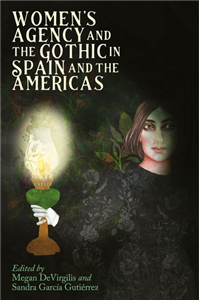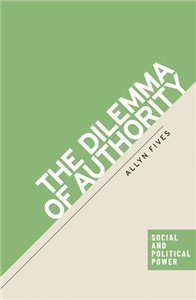Akdem Agency
Akdem Copyrights and Translation Agency has been active in promoting Turkish literary works for the foreign readers to enjoy. The agency aims to promote the publication of many of the wonderful Turkish literary works, in order to initiate the better opportunity for foreign nations to have a closer contact with the Turkish literature and the world. In order to provide the necessary relations for the right publishing house to publish the right book, Akdem Copyrights and Translation Agency aims to become the bridge between foreign publishers and Turkish publishing houses, and to become the representative of foreign publishers in Turkey and worldwide. We also represent many reputed publishers from all around the world in Turkey with an aim to bring the best quality books that Turkish readers may enjoy reading.Already having the experience of working with professional translators, Akdem Agency works with more than forty highly proficient translators, whom use their mother tongue as their target language. Contact us: emrecan@akdemagency.com
View Rights Portal


















